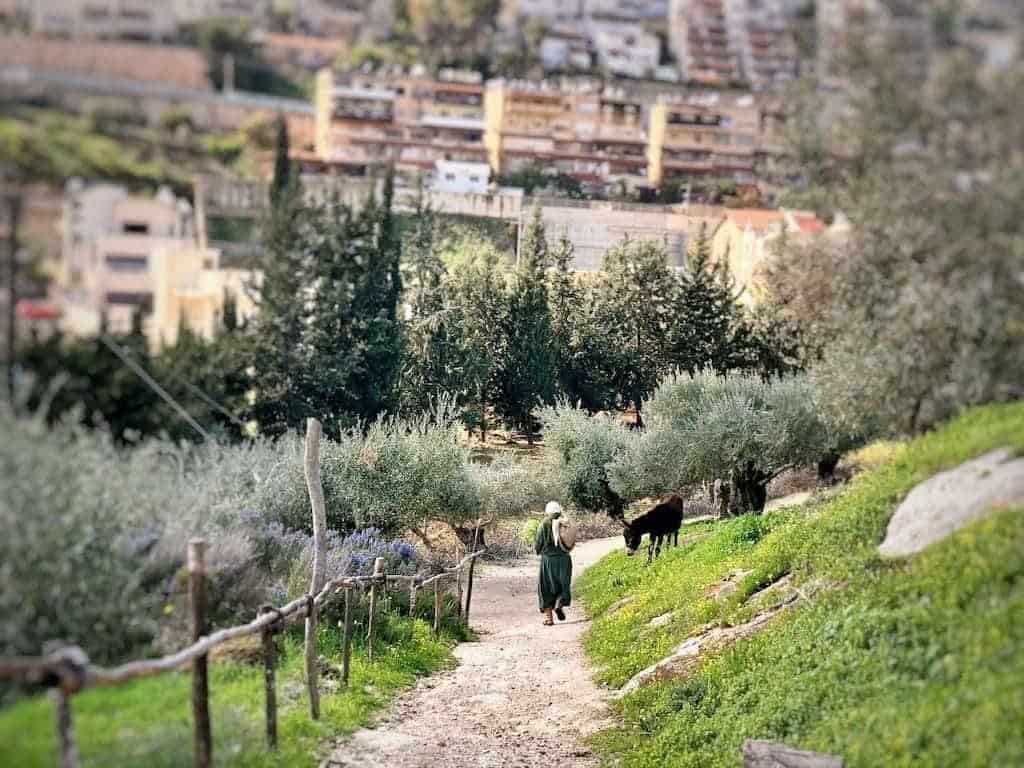How to resolve conflicts in life?
Preached at DTS on 2022-12-13. Outline Theological Proposition: The biblical way to resolve conflict is by examining one’s own faults, reconciling with others, and trusting in God’s sovereignty. Introduction Body (Transition) After you have looked inward, you need to… (Transition) After you have looked inwardly and outwardly, you need to… Conclusion How did I handle … Read more





